how to read skincare labels correctly
Understanding the Order of Ingredients
One of the most important things to know when reading skincare labels is how the ingredients are ordered. Ingredients are listed by concentration, starting with the ingredient that makes up the largest portion of the product. This means the first few ingredients are the most significant, as they represent the bulk of the formula.
By focusing on the first few ingredients, you can get a clearer idea of what the product is made of and how it might affect your skin. The further down the list an ingredient appears, the less of it is included in the formula.
Types of Ingredients in Skincare Products
Understanding the types of ingredients in your skincare products can help you make better decisions for your skin. Here’s a breakdown of key categories:
Active Ingredients
These are the powerhouses that provide specific benefits to your skin. Active ingredients target particular skin concerns, like acne, aging, or hyperpigmentation. Examples include retinoids, vitamin C, and hyaluronic acid. When reading labels, look for these in the first few ingredients to gauge their concentration.
Emollients & Humectants
These ingredients help keep your skin moisturized. Emollients, like oils, create a barrier on the skin to lock in moisture, while humectants, like glycerin and hyaluronic acid, attract moisture from the air into your skin. These are crucial for maintaining hydration and a healthy skin barrier.
Preservatives
Preservatives are added to skincare products to ensure their shelf life and prevent the growth of bacteria or mold. While they maintain product stability, some preservatives, such as parabens, can irritate sensitive skin. If you have concerns, keep an eye out for alternative preservative options in the ingredient list.
Fragrances & Dyes
Fragrances and dyes are often included to enhance the sensory experience of the product. However, they are usually found toward the end of the ingredient list and may cause irritation, especially for those with sensitive skin. If you’re prone to reactions, opt for fragrance-free products.
Avoid Harmful Ingredients
When selecting skincare products, it’s essential to be aware of harmful ingredients that can irritate your skin or cause other negative effects. Here are some common irritants or harmful substances to avoid:
- Parabens: These are preservatives often used in cosmetics, but they can disrupt hormone function and may cause skin irritation in sensitive individuals.
- Sulphates: Commonly found in cleansers and shampoos, sulphates can strip the skin of its natural oils, leading to dryness and irritation. They may also aggravate sensitive skin conditions.
- Formaldehyde: This preservative is used in some products but is a known irritant and allergen. It can cause skin reactions and has been linked to more serious health concerns.
- Certain Alcohols: While some alcohols, like fatty alcohols (e.g., cetyl alcohol), can be beneficial, others, such as ethanol and isopropyl alcohol, can be drying and irritating, especially for sensitive skin.
Scientific Names Aren’t Always Bad
When reading skincare labels, you might encounter ingredients with complex scientific names. It’s important to remember that many of these ingredients are safe and beneficial for your skin. For example, tocopherol is the scientific name for vitamin E, a powerful antioxidant that helps protect the skin from environmental stressors and supports overall skin health. Similarly, xanthan gum is a natural thickener commonly used in formulations to improve texture and stability.
Rather than shying away from these scientific names, take the time to research and understand them. Many complex-sounding ingredients can provide significant benefits, enhancing the overall effectiveness of your skincare products.
Concentration & Formulation
Understanding concentration is crucial when evaluating skincare products. The effectiveness of certain ingredients can significantly depend on their concentration and formulation. For example, vitamin C is a powerful antioxidant that provides various skin benefits, but it works even better when combined with other ingredients like vitamin E. This combination enhances its effectiveness and provides added protection against environmental damage. Always consider the formulation and concentration of active ingredients to ensure you’re getting the best results for your skin.
Allergens & Misleading Claims
When shopping for skincare, it’s essential to be aware of potential allergens, especially those that can come from essential oils. These natural extracts can trigger reactions in sensitive individuals, so it’s wise to check for these ingredients if you have known sensitivities. Additionally, be cautious of misleading claims like “natural” or “organic.” These terms can be subjective and don’t always guarantee safety or efficacy. Always check the full ingredient list to ensure that the product aligns with your skincare needs and preferences.
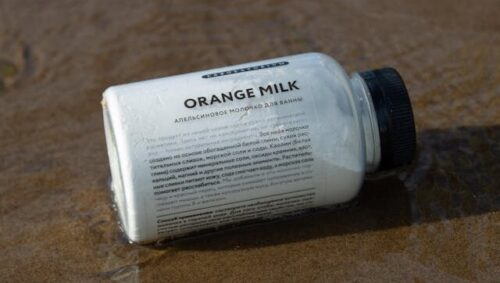

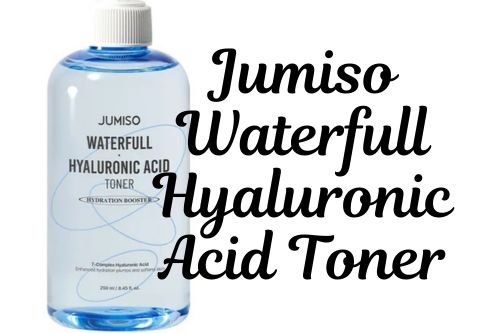
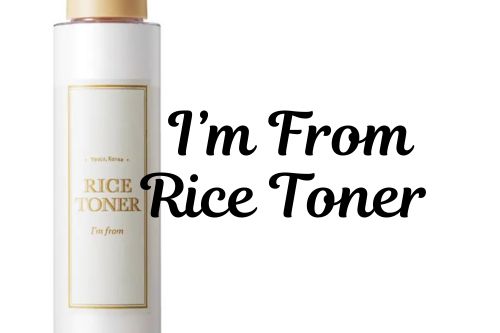


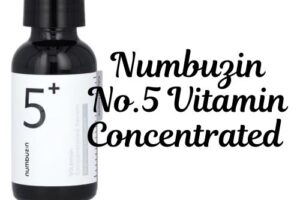
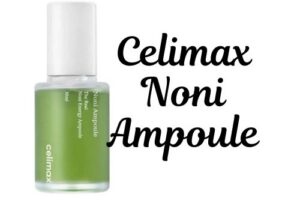
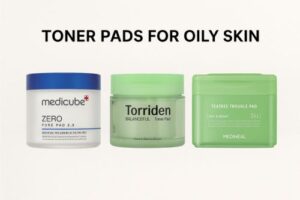
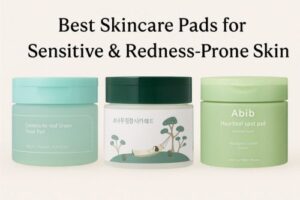
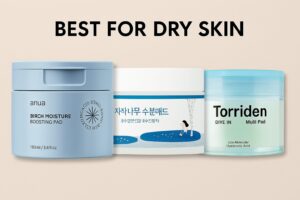
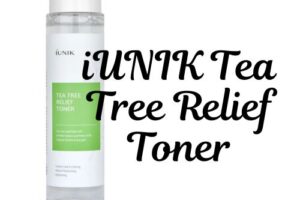
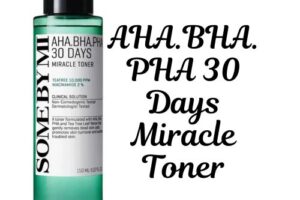
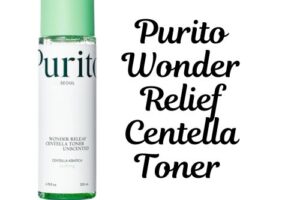
Post Comment